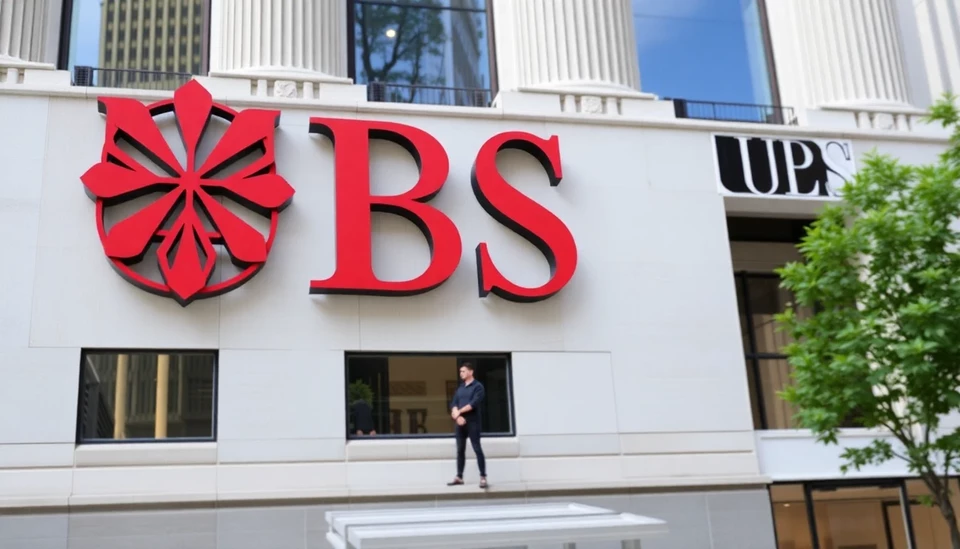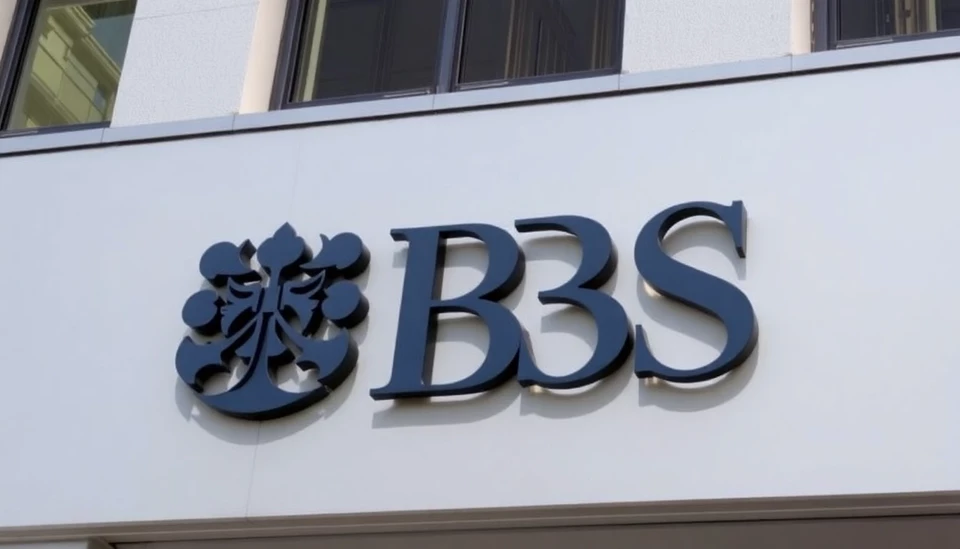
UBS Group AG has delivered robust third-quarter results that exceeded market expectations, showcasing a resilient performance amidst prevailing economic uncertainties. In its latest report, the Swiss banking giant posted a profit of $2.6 billion, demonstrating an impressive year-on-year growth reflecting a 24% increase. This financial performance has strategically positioned UBS favorably within the competitive financial landscape, particularly as it faces an array of challenges heading into the potentially volatile U.S. election season.
Analysts had projected a profit closer to $2.4 billion; however, UBS outperformed those expectations thanks to a surge in its wealth management division which registered a 17% rise in revenues. This sector has increasingly become a focal point for the bank, driven by strong demand for investment advisory services, particularly among high-net-worth individuals. Additionally, UBS has been benefiting from a boost in net interest income, largely attributed to rising interest rates, which have had a positive impact on lending margins.
Despite the optimistic earnings report, UBS has taken a cautious stance, warning investors and stakeholders about the potential risks associated with the upcoming U.S. elections. The bank cautioned that a shift in political landscapes could have significant implications on market volatility and economic conditions, which in turn might affect corporate earnings. Fears of uncertainty could lead to decreased investor confidence and a potential impact on the wealth management sector, which has been a primary driver of UBS’s revenue growth.
UBS’s Chief Financial Officer, reflecting on the current environment, emphasized the importance of strategic positioning as they navigate through political uncertainties. The bank is keenly aware that the U.S. elections could generate substantial market upheaval, influencing key economic policies that underpin their business strategies. This vigilance comes at a time when investors are grappling with global economic challenges including high inflation rates and geopolitical tensions.
Furthermore, UBS has made notable strides in integrating the business operations it acquired from Credit Suisse, which have contributed positively to their overall performance. The integration process has laid the groundwork for enhanced operational synergies, driving efficiency while broadening its client base. UBS’s leadership believes that leveraging this integration can further establish the bank's presence in critical markets.
As UBS anticipates the changes in the political landscape, it is also focusing on bolstering its financial health through judicious risk management and consistent performance monitoring. The bank’s leadership remains committed to maintaining a proactive approach to adapt to potential shifts in the economic environment, ensuring they remain competitive. Investors are keenly watching how UBS will navigate these challenges in a volatile market, and whether it can sustain its forward momentum in the coming quarters.
In summary, UBS has posted promising financial results that illustrate its resilience amid ongoing challenges; however, the looming U.S. election uncertainties serve as a stark reminder of the potential external factors that could disrupt their trajectory of growth.
### Hashtags ###
#UBS #Earnings #Profit #WealthManagement #USPolitics #MarketVolatility #FinancialResults
Author: Victoria Adams




